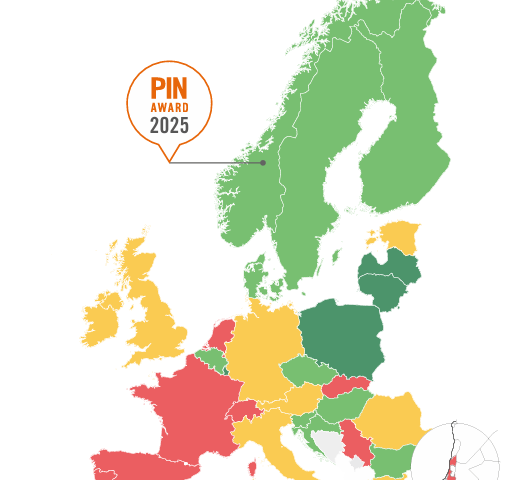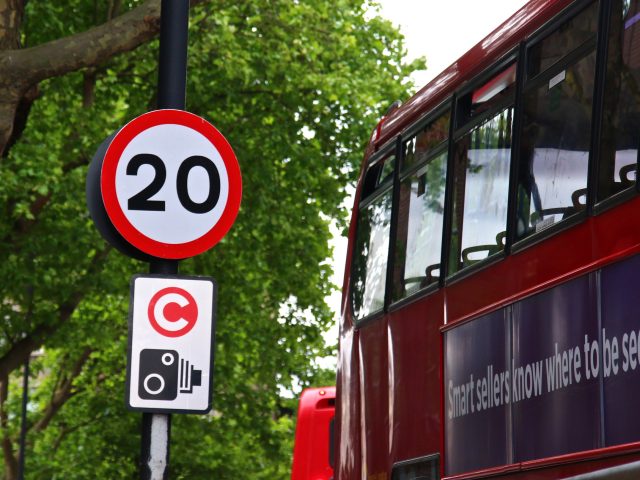ETSC welcomes provisional deal on new vehicle safety standards
New cars, vans, lorries and buses sold in Europe will be fitted as standard with a range of new vehicle safety features, starting in 2022, according to a provisional EU deal on the legislation reached last night in Strasbourg.
The new rules include requirements for new technologies, such as Automated Emergency Braking which can detect pedestrians and cyclists, as well as overridable Intelligent Speed Assistance, to be fitted as standard for the first time. New lorries will be required to have improved levels of “direct vision” to give drivers a greater chance of seeing vulnerable road users such as pedestrians and cyclists around the vehicle.
The legislation also tackles drink driving, making it easier to retrofit an alcohol interlock device – a technological solution for tackling repeat drink driving in use in a number of EU Member States.
New vehicles will also be required to be fitted with Electronic Data Recorders that store vital data on the car’s status in the moments immediately before a collision. Such information is vital to understanding why crashes occur and for preventing future collisions.
Negotiators from the European Parliament and European Commission agreed with representatives of EU Member State governments last night on the final shape of the regulations first announced by the European Commission in May last year. However the negotiated deal is provisional and still subject to formal votes in the European Parliament and by EU Member States. Due to European Parliamentary elections in May – this process could still take several more months.
Commenting on the provisional deal, Antonio Avenoso, Executive Director of the European Transport Safety Council (ETSC) said:
“There have only been a handful of moments in the last fifty years which could be described as big leaps forward for road safety in Europe. The mandatory introduction of the seat belt was one, and the first EU minimum crash safety standards, agreed in 1998 was another. If last night’s agreement is given the formal green light, it will represent another of those moments, preventing 25,000 deaths within 15 years of coming into force.
“Although this legislation was many years in the planning stages, there has been relatively little time for political discussions over its final shape. We would like to pay tribute to the MEPs and representatives of the Commission and Member States that have worked tirelessly to get a deal done before the big changeover at the European Parliament and European Commission this summer. In particular the Romanian EU presidency, European Commissioners Elżbieta Bieńkowska and Violeta Bulc, and the Polish MEP Róża Thun deserve recognition for their commitment to seeing this legislation through.”
[Updated] Click here to access the final text.







